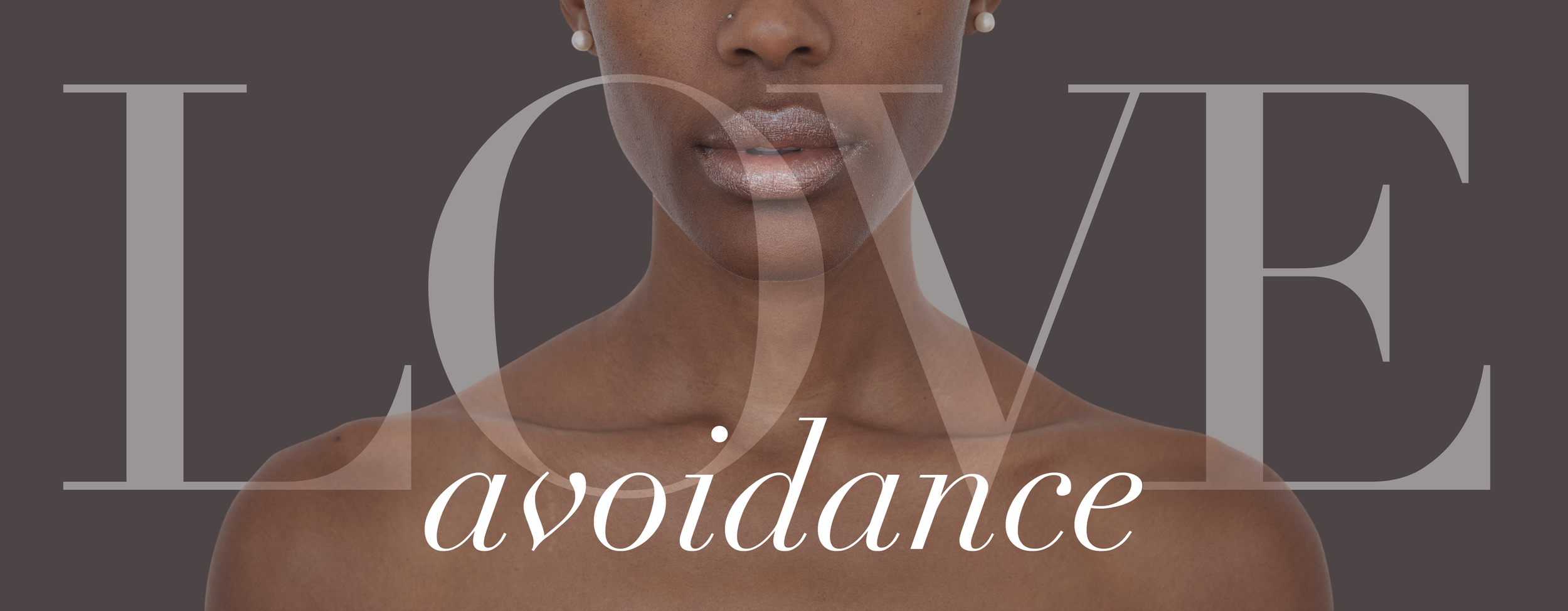Love Avoidance
About Love Avoidance
The love avoidant tends to become involved with love addicts, and puts up walls to decrease the connection and intensity within the relationship. However, the more the love avoidant distances (tries to create space and/or run), the more the love addict pursues.
The avoidant often responds by withholding affection in the primary relationship, while acting in ways that create pleasure and intensity outside of that relationship. This could look like working all of the time, hobbies, pursuing other relationships or sexual encounters, addictions, etc.
SIGNS AND CHARACTERISTICS OF LOVE AVOIDANCE
This questionnaire is based on the work of Pia Mellody. If you can answer YES to more than a few of the following questions, love avoidance may be a problem for you.
You think taking care of your partner is sufficient proof that you love him or her.
You find yourself often critical of your partner.
You believe it is your duty to take care of your partner.
You have a secret life away from your partner.
You keep important information about your thoughts or feelings from your partner.
You withhold information about yourself (at work or play) so that your partner will not get upset.
You find yourself needing to manage and be in control of the relationship.
You have frequently done things for your partner and then later had the sense that no matter what you did it was never enough for your partner.
You feel frustrated because your partner doesn’t understand that you’ve spent time with him or her and now you need time for yourself.
You feel smothered by your partner when he or she wants to have you around so much.
Your partner complains that he or she doesn’t really know you.
You find yourself overly critical of your partner.
You withhold praise or appreciation from your partner.
You feel resentful of your partner’s neediness.
You have had one or more relationships in which you felt smothered and needed to escape.
You find yourself needing to control your partner because you know better what should and shouldn’t be done.
You control your primary relationship by silence and anger.
When you’re with your partner you feel like you’re not getting your needs met.
You feel your partner doesn’t appreciate all that you do for him or her.
You frequently feel the need to escape the relationship.
You often feel the need to go someplace where you can get attention without always having to assure the other person that you love them.
You are spending more time at work in order to be away from your partner.
You stay so busy that you have little to no relational time for your partner.
You feel a sense of relief when you leave the house.
Your drinking, drug use, or other addictive behaviors increase while you are in a primary relationship.
You’ve had an affair or one-night-stand in order to get away from your relationship, have some fun, and get some attention.
You use porn to escape from the pressure in your relationship.
You withhold sex from your partner.
You have become involved in relationships because you couldn’t say “no” or you didn’t want to hurt the other person’s feelings.
You have stayed in relationships longer than you wanted because you would have felt guilty if you ended it.
Your relationships have often begun with you rescuing your partner from another bad relationship, poor health, financial difficulties, emotional distress, legal problems or some other difficulty.
It is important to you that your partner thinks of you as a ‘Knight in Shining Armor’ or a ‘Wonder Woman.’
As a child, you sometimes thought you were taking care of mom or dad more than they were parenting you.
As a child, you felt like mom or dad was smothering.
START RECOVERING
Call to action goes here.
How do you help people recover from love addiction?




